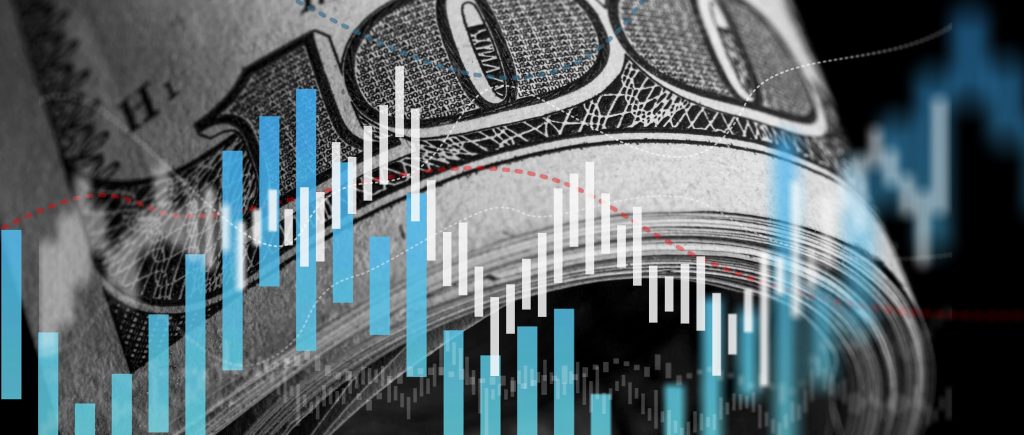The U.S. dollar reached new highs on Wednesday as investor demand for safe-haven assets grew in response to ongoing uncertainties surrounding U.S. interest rates and the upcoming presidential election. At 04:10 ET (08:10 GMT), the Dollar Index, which measures the greenback against a basket of six major currencies, rose by 0.3% to 104.175, nearing its highest point in almost three months.
Dollar Rally Driven by Interest Rate Expectations
The dollar’s recent rally has been supported by relatively positive economic data, leading to diminished expectations for aggressive interest rate cuts by the Federal Reserve. According to the CME FedWatch Tool, traders are now pricing in an 85.9% probability of a 25 basis point cut in November, with only a 14.1% chance that rates will remain unchanged.
This shift in sentiment has driven U.S. Treasury yields higher, with the 10-year yield touching its highest level in three months this week, further supporting the dollar’s upward momentum. Additionally, the dollar has gained strength amid growing expectations that Republican candidate Donald Trump could win the U.S. presidential election, as his protectionist policies are seen as favorable to the U.S. currency.
European Central Bank Signals More Rate Cuts
In Europe, the EUR/USD pair edged 0.1% lower to 1.0785, as the euro weakened on expectations that the European Central Bank (ECB) will continue cutting rates to support economic growth. The ECB has already implemented three rate cuts this year and is anticipated to pursue further easing well into next year.
Adding to the eurozone’s economic concerns, the International Monetary Fund (IMF) recently downgraded its growth forecast for Germany, the region’s largest economy, predicting stagnation for the rest of the year. Meanwhile, ECB President Christine Lagarde commented that eurozone inflation is easing faster than previously expected and could fall back to 2% sooner than anticipated, strengthening the case for additional rate cuts.
Sterling Weakens Ahead of BOE Speech
The GBP/USD pair fell 0.1% to 1.2969, with traders awaiting a speech from Bank of England (BOE) Governor Andrew Bailey later in the day. His remarks are expected to provide further insights into the central bank’s monetary policy direction. Earlier this month, Bailey suggested that the BOE could take more aggressive action to cut rates if inflation pressures continue to ease.
The U.K.’s inflation rate recently dropped to 1.7% on an annual basis, the first time it has fallen below the BOE’s 2% target since April 2021. Analysts at ING forecast that “Cable could still move to 1.28 by month-end,” reflecting the potential for further weakness in the British pound.
Yen Falls as Japanese Elections Approach
In Asia, the USD/JPY pair surged 0.9% to 152.38, marking its highest level since July 31. The yen weakened as recent opinion polls suggested that Japan’s ruling Liberal Democratic Party (LDP) and its coalition partner Komeito could lose their majority in the upcoming general election.
The potential for a minority government has raised concerns about political instability, which could complicate the Bank of Japan’s efforts to gradually reduce its reliance on monetary stimulus.
The U.S. dollar continues to climb as market participants assess the potential for higher interest rates and monitor the U.S. presidential election. Meanwhile, expectations of further rate cuts in Europe and the U.K. are driving down the euro and pound, while political uncertainty is weighing on the Japanese yen. As global economic and political risks persist, currency markets are likely to remain volatile in the coming weeks.
 Noor Trends News, Technical Analysis, Educational Tools and Recommendations
Noor Trends News, Technical Analysis, Educational Tools and Recommendations





